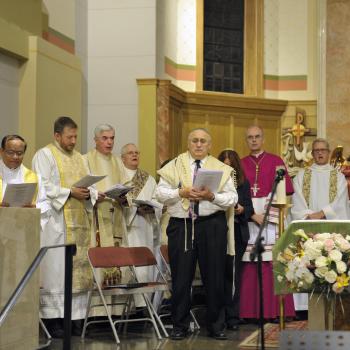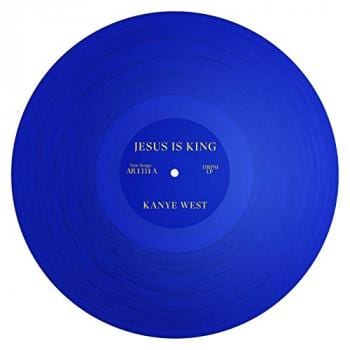Some compelling thoughts, from Presbyterian pastor Henry G. Brinton:
As Thanksgiving approaches and commerce clashes with personal values, people talk about what they are thankful for.
Macy’s Department Store is famous for presenting the Thanksgiving Day Parade. But now the same store that is in its 87th year of producing a nationally-televised parade, watched by millions, is being blamed for ruining the holiday.
What has the store done? Decided to open its doors to shoppers on Thanksgiving Day at 8:00 p.m. Time magazine reports that people are denouncing the move as “greedy, misguided and unfair to the employees being forced to work on a day traditionally reserved for family.”
“Please write an obituary because I think this death needs to be acknowledged,” said one person after hearing Macy’s decision. “It is the death of Thanksgiving.”
But wait a second — other stores are guilty as well. Walmart, Target and Toys “R” Us launched special deals on Thanksgiving last year, and Macy’s may simply be trying to remain competitive.
However if no one wanted to shop on Thanksgiving, then no stores would be open. The true Thanksgiving-killer is the person who leaves the table and heads to the mall.
Let’s use this controversy as an opportunity to take the pulse of thanksgiving in both church and culture today. We need to take a look at how thanksgiving is doing — not just the day called Thanksgiving — but the act of giving thanks itself.
Look around, and you can see evidence that gratitude is being replaced by good deals. Family meals are losing their competition with shopping sprees. The gifts of life and health are taken for granted as we concentrate on shiny and expensive material gifts. And since we have so many struggles at work and at home these days, we often look for the cheap high that comes from buying something nice for ourselves. It’s called “retail therapy.”
So how is Thanksgiving doing? Is it deceased, or has its death been greatly exaggerated?
The apostle Paul must have wondered about this when he wrote his letter to the Colossians, a group of Christians living along a main roadway in Asia Minor — what is now modern Turkey. They were pulled between the values of their faith and the values of their culture, much as we are today. Paul warned them, “See to it that no one takes you captive through philosophy and empty deceit, according to human tradition, according to the elemental spirits of the universe, and not according to Christ” (Colossians 2:8).
These words ring true today, don’t they? We know the philosophy of trying to spend ourselves out of economic troubles. The empty deceit of a sales pitch. The human tradition of making the holidays an orgy of consumption. The elemental spirits of the universe that lure us away from Jesus Christ.












